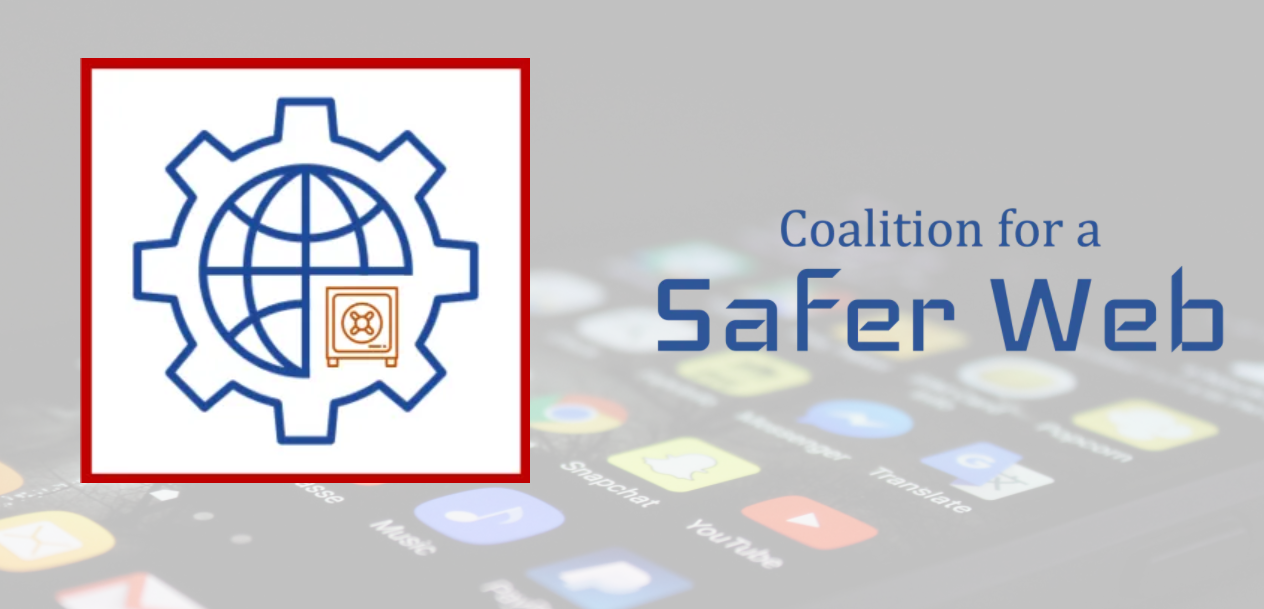Coalition Says Safer Web Means No Sec. 230 Immunity
But suggests compromise of monitoring board and code of conduct

The smarter way to stay on top of the multichannel video marketplace. Sign up below.
You are now subscribed
Your newsletter sign-up was successful
The Coalition for a Safer Web, whose advisors include former Republican National Committee chairman Michael Steele and former Republican Homeland Security Secretary Tom Ridge, raked social media over the coals in its prepared testimony for a House Energy & Commerce Committee hearing Thursday (Sept. 24) on social media's role in mainstreaming radicalism.
Coalition president Marc Ginsberg told the Hill that social media companies are providing a platform for a toxic brew of extremist groups, calling the Web a safe haven for acts of domestic terror. He also provided a possible solution in the form of a social media code of conduct and enforcement board with the power to suspend social media's immunity from civil liability.
Related: Computer Cos. Say Leave Section 230 Alone
He called it a cosmic challenge that defies an easy solution, but one thing that needs to happen is recognizing that despite what they and their First Amendment advocates said in an effort not to be deemed publishers and lose their Section 230 immunity from liability for third-party content, "social media companies have become de facto publishers by taking the editor’s road they have embarked upon to subjectively decide all manner of content visibility or invisibility."
He said that to assert they are innocent bystanders to the train wreck of extremist dis and misinformation on their platforms is flat out wrong. "It is no way to run a railroad because we the passengers are the victims."
Related: Trump Officially Seeks Help to Regulate Edge
He argues that "because the business model of mainstream social media is totally dependent on ad revenue, there is no financial or legal incentive for Facebook, Twitter, YouTube, or Instagram to submit to independent oversight and accountability. They assert a mere moral obligation to engage in wishy washy content moderation. They cling to Section 230 as the Holy Grail, with good reason, because you and I know that without Section 230’s content immunity their financial models would be subject to attack for failing to protect their customers from harm."
The smarter way to stay on top of the multichannel video marketplace. Sign up below.
The coalition favors scrapping the Section 230 immunity, but Ginsberg is a realist and recognizes that a bipartisan agreement is a long shot.
Instead, it is suggesting a public/private solution in the form of a Social Media Standards Board (SMSB) overseeing a new social media code of conduct developed by "concerned citizens groups, social media companies, and the advertising industry," the last which has the most leverage over social media given its reliance on the ad-supported content model and which has already created the Global Alliance for Responsible Media (GARM).
The coalition said Congress would need to amend Sec. 230 to delegate the SMSB the power to suspend Section 230 immunity for violations of compliance with the code, which would be the ultimate penalty. Lesser penalties could include "1) decertification from code compliance; 2) forfeiture of digital ad revenue; and 3) a referral by the SMSB for administrative action to the Federal Trade Commission."
Contributing editor John Eggerton has been an editor and/or writer on media regulation, legislation and policy for over four decades, including covering the FCC, FTC, Congress, the major media trade associations, and the federal courts. In addition to Multichannel News and Broadcasting + Cable, his work has appeared in Radio World, TV Technology, TV Fax, This Week in Consumer Electronics, Variety and the Encyclopedia Britannica.

